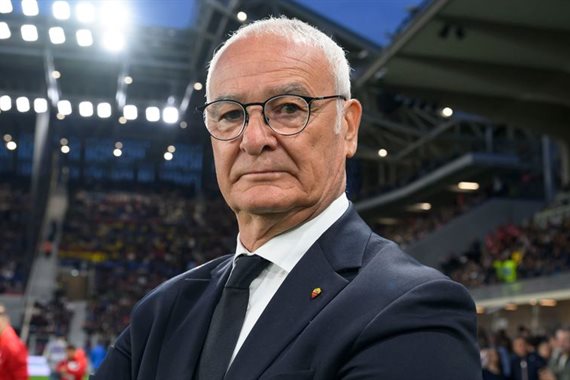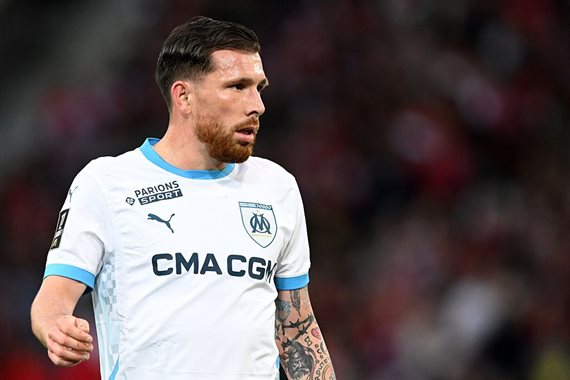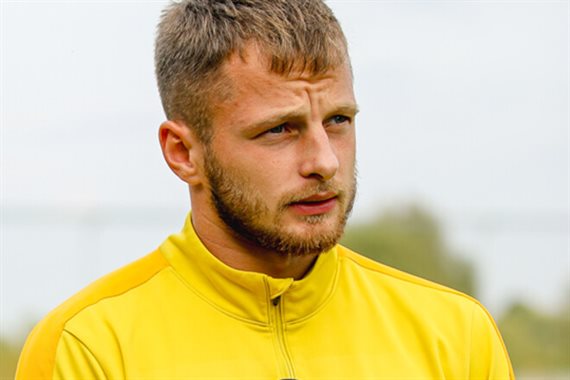ARTICLE AD BOX
Kyiv, Ukraine – United States President Donald Trump sounded jubilant on Monday when he announced the beginning of direct talks between Ukraine and Russia.
“Russia and Ukraine will immediately start negotiations towards a ceasefire, and, more importantly, bring an END to the war,” Trump wrote on his Truth Social network.
The statement seemed to fit Trump’s art-of-the-deal canon – it would bring about a fast and efficient peace settlement to Europe’s hottest armed conflict since World War II and would benefit global security.
But European and Ukrainian observers interviewed by Al Jazeera, including a former Russian diplomat and a Ukrainian top ex-military official, said by agreeing to resume the direct talks that were abandoned in 2022, Russian President Vladimir Putin scored a taciturn diplomatic triumph over Trump.
They said Putin has thwarted a ceasefire that his Ukrainian counterpart, Volodymyr Zelenskyy, has been insisting upon for months, and excluded Washington from the negotiations.
The Russian leader is likely to drag the talks on indefinitely while amassing tens of thousands of new servicemen, in a bid to carve out more Ukrainian territory until rains and snow stop this year’s offensive, they said.
Moreover, by seemingly bending to Trump’s demands to communicate with Kyiv directly, Putin has escaped further US sanctions – while creating an illusion of talks.
“Putin essentially uses Trump just to create a picture that Putin or Russia are ready to negotiate,” Anton Shekhovtsov, head of the Centre for Democratic Integrity, a Vienna-based think tank, told Al Jazeera.
However, the “only thing that Russia is ready to negotiate is the capitulation of Ukraine, nothing else,” he said.
“I don’t see what Putin can talk with Zelenskyy about, [as] Putin doesn’t consider Zelenskyy a person worthy of communication,” he added. “I don’t see any progress here.”
Putin has for years dismissed Zelenskyy as a “political puppet” whose “neo-Nazi junta” allegedly forces naturally pro-Russian Ukrainians to accept destructive Western values.
On Monday night, after a two-hour phone conversation with Trump, Putin appeared on Russian television to thank Trump for “his support in resuming direct talks” and to declare the Kremlin’s intention to work out a “memorandum of the future accord” and a “possible ceasefire”.
‘Moscow doesn’t want real talks with Kyiv’
A former Russian diplomat who quit his Ministry of Foreign Affairs job to protest against Moscow’s 2022 full-scale invasion of Ukraine called Putin’s readiness an “imitation”.
“The talks won’t be talks because Moscow doesn’t want real talks with Kyiv,” Boris Bondarev told Al Jazeera.
To Putin, “Ukraine is but a tool, a proxy, a satellite that doesn’t decide a thing by itself.”
That is why Putin appointed Vladimir Medinsky, a former culture minister, as lead negotiator, he said.
Medinsky, who has authored history books criticised for factual inaccuracy, has not sounded diplomatic so far.
On May 16, he threatened that the war would last “as long as it takes” and told Ukrainian diplomats that Russia fought Sweden for 21 years in 1700-21 to occupy today’s Baltic states and build its new imperial capital, St Petersburg, on former Swedish lands.
Thus, the peace process Trump announced as his accomplishment is in fact “the main thing Putin achieved”, Bondarev said.
“This is an imitation so that someone in the West thinks that the peace process has begun, and that’s why there’s no need to help Ukraine, to pressure Putin and to impose new sanctions,” he said.
Putin also managed to escape a lull in hostilities that would have helped Ukrainian forces to fortify their positions along the 1,100km (700-mile) front line, according to Nikolay Mitrokhin, a researcher at Germany’s Bremen University.
“Apparently, Putin succeeded in nullifying a very disadvantageous initiative by Zelenskyy to immediately start a 30 days-long ceasefire,” he told Al Jazeera.
While negotiating, clarifying and delaying the talks, Putin may try to seize more land in eastern and northern Ukraine and even restore the giant Kakhovka Dam that used to supply water to annexed Crimea before being destroyed in 2023, he said.
Meanwhile, Moscow has conscripted 160,000 servicemen and keeps recruiting some 50,000 soldiers monthly, in part thanks to the offer of hefty enlistment bonuses, according to Ihor Romanenko, former deputy chief of Ukraine’s general staff.
“They will need to be trained at least a little so that they don’t die that quickly, and so by the end of June, [Moscow] may amass a new resource,” he told Al Jazeera.
‘Trump agreed with Putin’: Pro-Russia observers
Europe was unimpressed by what Trump and Putin agreed upon and introduced the 17th round of sanctions against Moscow on Tuesday.
Brussels and London said the sanctions would target Moscow’s “shadow fleet” of tankers, the financial institutions that help Moscow avoid earlier sanctions, and the supply chains for Russian arms producers.
However, the European sanctions will be less effective without US measures as Putin “acts in the divide-and-rule way”, Romanenko said.
“He wanted everyone [in the West] to step aside from Ukraine, so that there are no arms supplies, and then he could carry out yet another imperial takeover” of Ukrainian territories, he concluded.
US Secretary of State Marco Rubio said on Tuesday that Trump is reluctant to slap new sanctions on Russia.
“If, in fact, it’s clear that the Russians are not interested in a peace deal and they just want to keep fighting a war, it may very well come to that point,” Rubio told the US Senate.
He also insisted Putin “hasn’t gotten a single concession” from Trump.
Meanwhile, pro-Kremlin observers are ecstatic.
“These were very successful talks. They may result in Ukrainian regime’s forced acceptance of Russia’s conditions, and thus peace will be reached,” Moscow-based analyst Sergey Markov wrote on Telegram on Monday.
“The Ukrainian regime and European leaders are shocked by the talks, they consider them a disaster for Ukraine. They think that Trump agreed with Putin on almost everything,” he wrote.

 1 month ago
29
1 month ago
29








 English (US) ·
English (US) ·